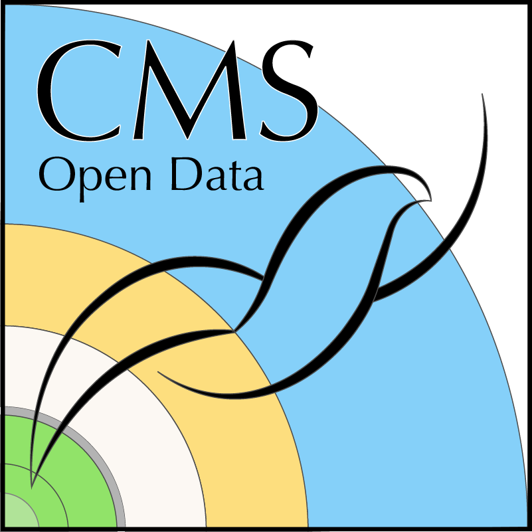Lectures and exercises
Last updated on 2024-07-09 | Edit this page
Overview
Questions
- What do we mean by “The Standard Model”?
- How did we develop our understanding of particles and forces?
- What role do experiments have in pushing and confirming theories?
- What are the outstanding questions in particle physics?
Objectives
- Understand the historical development of the standard model of particle physics
- Understand the role that special relativity plays in experimental analyses
- Develop a broad understanding of the specific theories and calculational techniques that we use to predict and interpret our experimental results
Lectures
QuarkNet is a long-running program that engages high school teachers across the United States by connecting them with particle physicists. The program is supported by the National Science Foundation (NSF) in the US and ran out of Fermilab.
The first step is usually to teach the teachers about this science. In 2020, one of our CMS collaborators, Dr. Allison Hall a faculty member in the Physics Department at the US Naval Academy, presented a series of six (6) lectures at the QuarkNet Summer Session for Teachers, all of which were recorded over Zoom. That link contains the slides, recorded lecture, and a set of exercises and problems that you can do to assess how well you understand the material. Each lecture also comes with additional links and videos.
If you are new to particle physics, we strongly recommend you go through the first three (3) lectures (either follow the recordings or go through the slides on your own) and perhaps try out some of the associated exercises.
For those who want to go further, the final three (3) lectures should pique your interest!
In the following sections, we have copied the descriptive language verbatim from the QuarkNet website, to save you some time in figuring out how you want to spend your time.
Session 1: Historical Overview of the Standard Model’s Development - Part 1
“Understand the driving motivations and important events in the history of particle physics and quantum field theory. Part 1 will cover the theories of the ancient Greeks up to the development of quantum mechanics.”
Session 2: Historical Overview of the Standard Model’s Development - Part 2
“Understand the driving motivations and important events in the history of particle physics and quantum field theory. Part 2 will cover the history of the Quark model, neutrinos, force particles, and the discovery of the Higgs boson in 2012.”
Session 3: Particle Physics at the Large Hadron Collider
“In this lecture, we will finish the history of the Standard Model and discuss how physicists use colliders to probe fundamental particles and discover new particles such as the Higgs boson.”
Session 4: Beyond the Standard Model at the Large Hadron Collider
” In this lecture, we will discuss how physicists use the LHC to search for evidence of new physics. We will briefly talk about prospects for future colliders after the LHC.”
Session 5: Neutrino Physics
“In this lecture, we will discuss the big questions and big experiments in neutrino physics.”
Session 6: Dark Matter
“In this lecture, we will discuss the evidence for dark matter and the different ways scientists are studying it. We will end the course with a discussion of what’s next in particle physics and why particle physics is worth doing”
Lecture and supplementary materials
Key Points
- Special relativity provides a different relationship between energy, momentum, and mass than classical physics.
- High energies correspond to shorter wavelengths and probing nature on a smaller scale.
- Experiments like those at the LHC have been critical in discovering new particles and new forces.
- The standard model of particle physics explains almost all the interactions we have observed in our experiments.
- Neutrinos are not as well understood as we would prefer, particularly with respect to their masses.
- While the effects of dark matter are well established on galactic scales, we do not understand exactly what is causing those observations.
